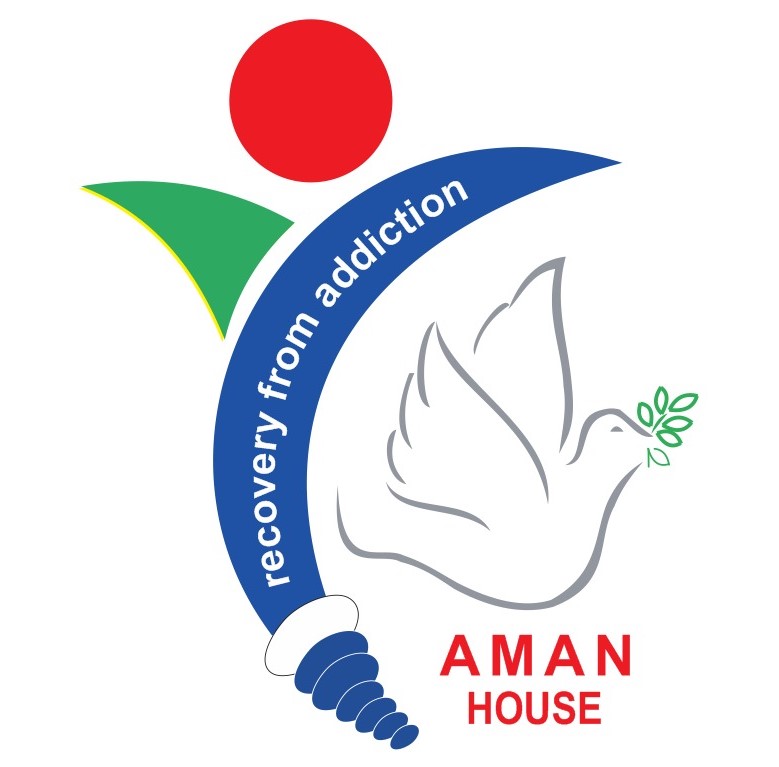Details
Bipolar disorder is a mental health condition characterized by extreme shifts in mood, energy, and activity levels. These shifts, or episodes, can range from depressive episodes with feelings of sadness, hopelessness, and loss of interest or pleasure in activities, to manic or hypomanic episodes with feelings of euphoria, racing thoughts, and high energy levels.
Bipolar disorder can have a significant impact on an individual's ability to function in their personal and professional life. It can also lead to other mental health issues, such as anxiety and substance abuse.
Side Effects
Bipolar disorder is a mental health condition that can cause significant changes in mood, energy, and activity levels. Some common side effects of bipolar disorder include:
Mood swings: Bipolar disorder can cause individuals to experience extreme shifts in mood, from manic or hypomanic episodes characterized by high energy and euphoria, to depressive episodes marked by low energy and feelings of hopelessness.
Impulsivity: During manic or hypomanic episodes, individuals with bipolar disorder may engage in impulsive behaviors, such as spending sprees, risky sexual behavior, or substance abuse.
Sleep problems: Bipolar disorder can also cause significant changes in sleep patterns. During manic episodes, individuals may experience reduced need for sleep, while during depressive episodes, individuals may experience excessive sleepiness and fatigue.
Cognitive problems: Bipolar disorder can also cause cognitive problems, such as difficulty concentrating, memory problems, and slowed thinking.
Substance abuse: Individuals with bipolar disorder may be at increased risk of substance abuse, as they may use drugs or alcohol to manage symptoms or cope with the stress of the condition.
Relationship problems: Bipolar disorder can also cause significant strain on relationships, as mood swings and impulsive behaviors can lead to conflict and instability in personal and professional relationships.
Therapy for Bipolar
Some common therapies for bipolar disorder include:
Cognitive-behavioral therapy (CBT): CBT is a type of therapy that helps individuals with bipolar disorder identify and change negative patterns of thinking and behavior that contribute to their mood swings. This therapy can help individuals develop coping skills and strategies to manage symptoms, improve their self-esteem, and enhance their problem-solving skills.
Family-focused therapy: Family-focused therapy involves working with the individual with bipolar disorder and their family members to improve communication and understanding about the condition. This therapy can help family members learn how to manage the individual's symptoms and provide support during times of crisis.
Interpersonal and social rhythm therapy (IPSRT): IPSRT is a type of therapy that focuses on stabilizing daily routines, such as sleep and mealtimes, to help regulate mood swings. This therapy can help individuals identify and manage triggers that may contribute to mood episodes.
Psychoeducation: Psychoeducation involves providing individuals with bipolar disorder and their families with information about the condition and its treatment. This therapy can help individuals understand their symptoms, manage their medication, and identify warning signs of mood episodes.
It's important for individuals with bipolar disorder to work closely with mental health professionals to develop a comprehensive treatment plan that addresses their unique needs and circumstances. This may involve a combination of medication, therapy, and lifestyle changes, such as regular exercise, healthy eating, and stress management techniques. With proper treatment, individuals with bipolar disorder can lead fulfilling and productive lives.
